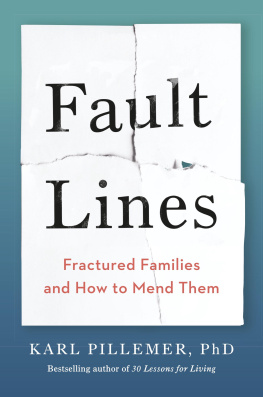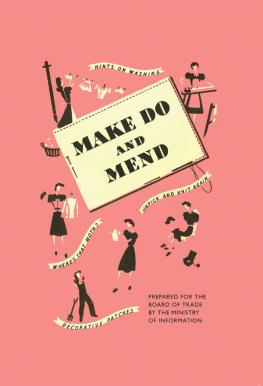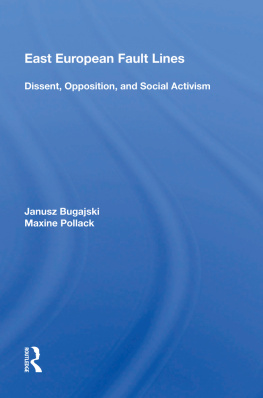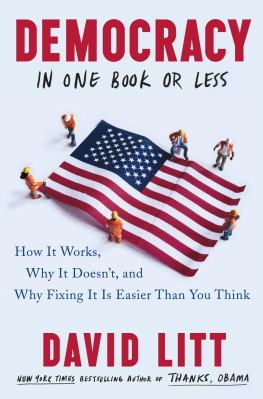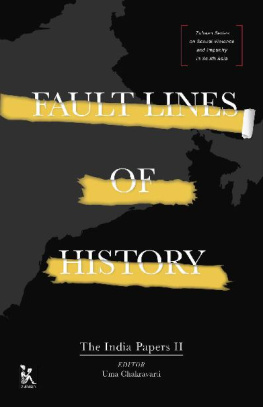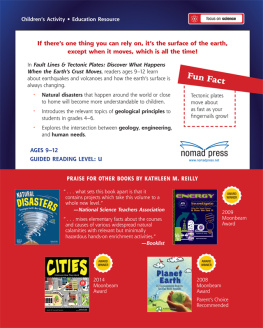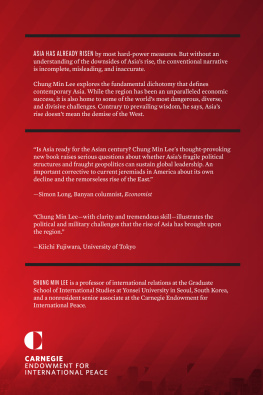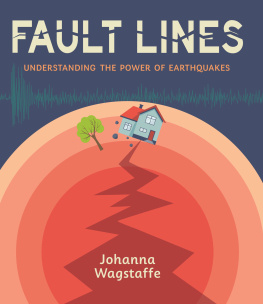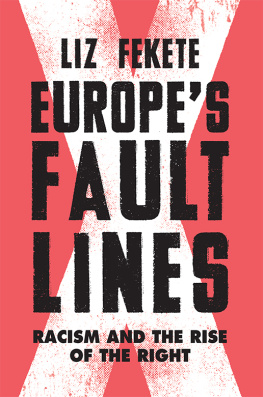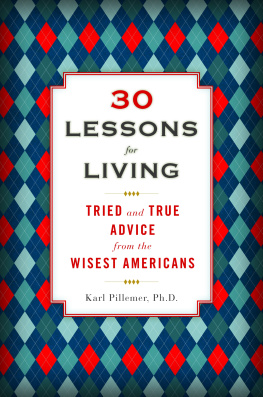Karl Pillemer - Fault Lines: Fractured Families and How to Mend Them
Here you can read online Karl Pillemer - Fault Lines: Fractured Families and How to Mend Them full text of the book (entire story) in english for free. Download pdf and epub, get meaning, cover and reviews about this ebook. year: 2020, publisher: Penguin Publishing Group, genre: Home and family. Description of the work, (preface) as well as reviews are available. Best literature library LitArk.com created for fans of good reading and offers a wide selection of genres:
Romance novel
Science fiction
Adventure
Detective
Science
History
Home and family
Prose
Art
Politics
Computer
Non-fiction
Religion
Business
Children
Humor
Choose a favorite category and find really read worthwhile books. Enjoy immersion in the world of imagination, feel the emotions of the characters or learn something new for yourself, make an fascinating discovery.
- Book:Fault Lines: Fractured Families and How to Mend Them
- Author:
- Publisher:Penguin Publishing Group
- Genre:
- Year:2020
- Rating:4 / 5
- Favourites:Add to favourites
- Your mark:
- 80
- 1
- 2
- 3
- 4
- 5
Fault Lines: Fractured Families and How to Mend Them: summary, description and annotation
We offer to read an annotation, description, summary or preface (depends on what the author of the book "Fault Lines: Fractured Families and How to Mend Them" wrote himself). If you haven't found the necessary information about the book — write in the comments, we will try to find it.
Karl Pillemer: author's other books
Who wrote Fault Lines: Fractured Families and How to Mend Them? Find out the surname, the name of the author of the book and a list of all author's works by series.
Fault Lines: Fractured Families and How to Mend Them — read online for free the complete book (whole text) full work
Below is the text of the book, divided by pages. System saving the place of the last page read, allows you to conveniently read the book "Fault Lines: Fractured Families and How to Mend Them" online for free, without having to search again every time where you left off. Put a bookmark, and you can go to the page where you finished reading at any time.
Font size:
Interval:
Bookmark:
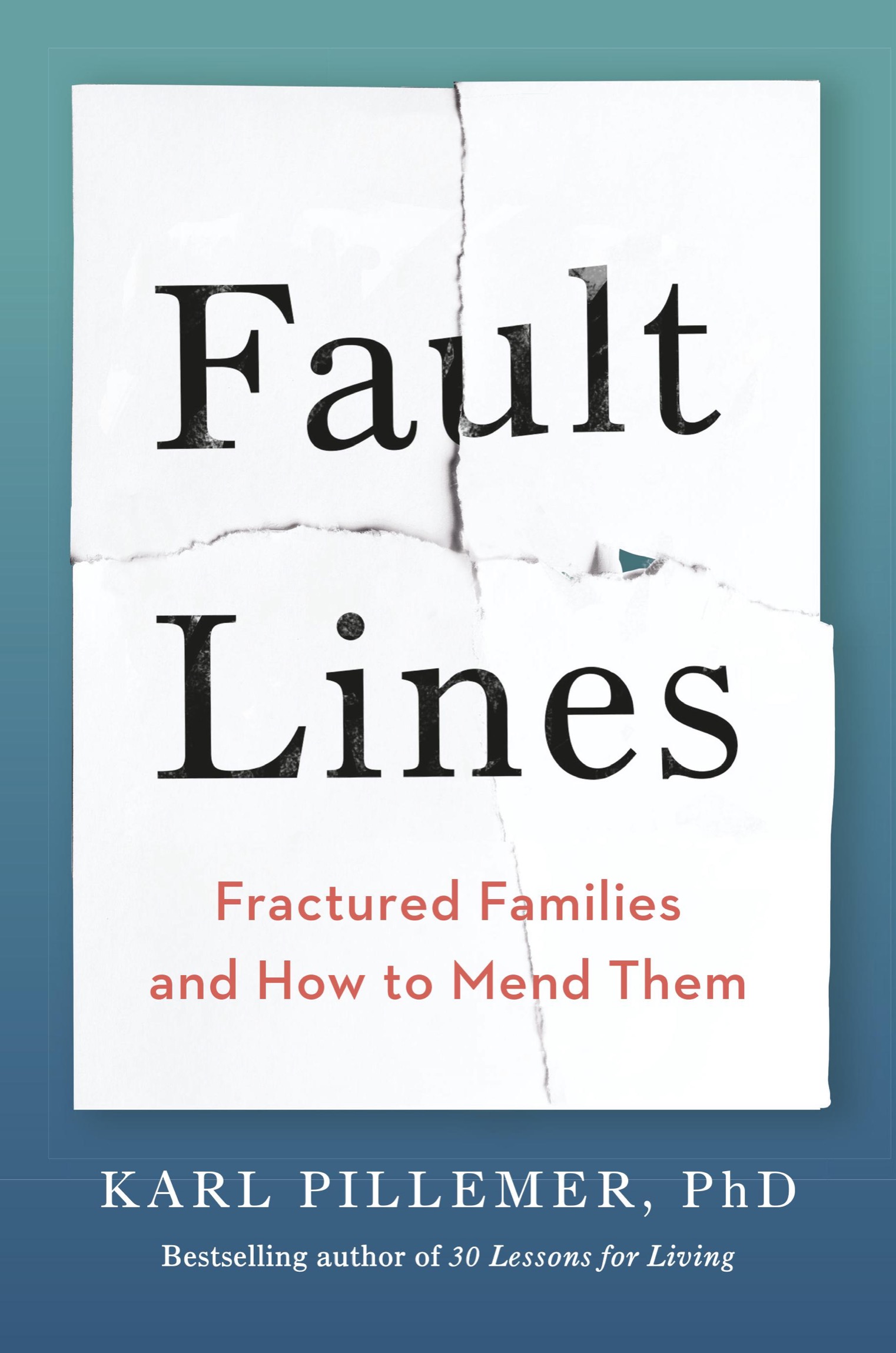
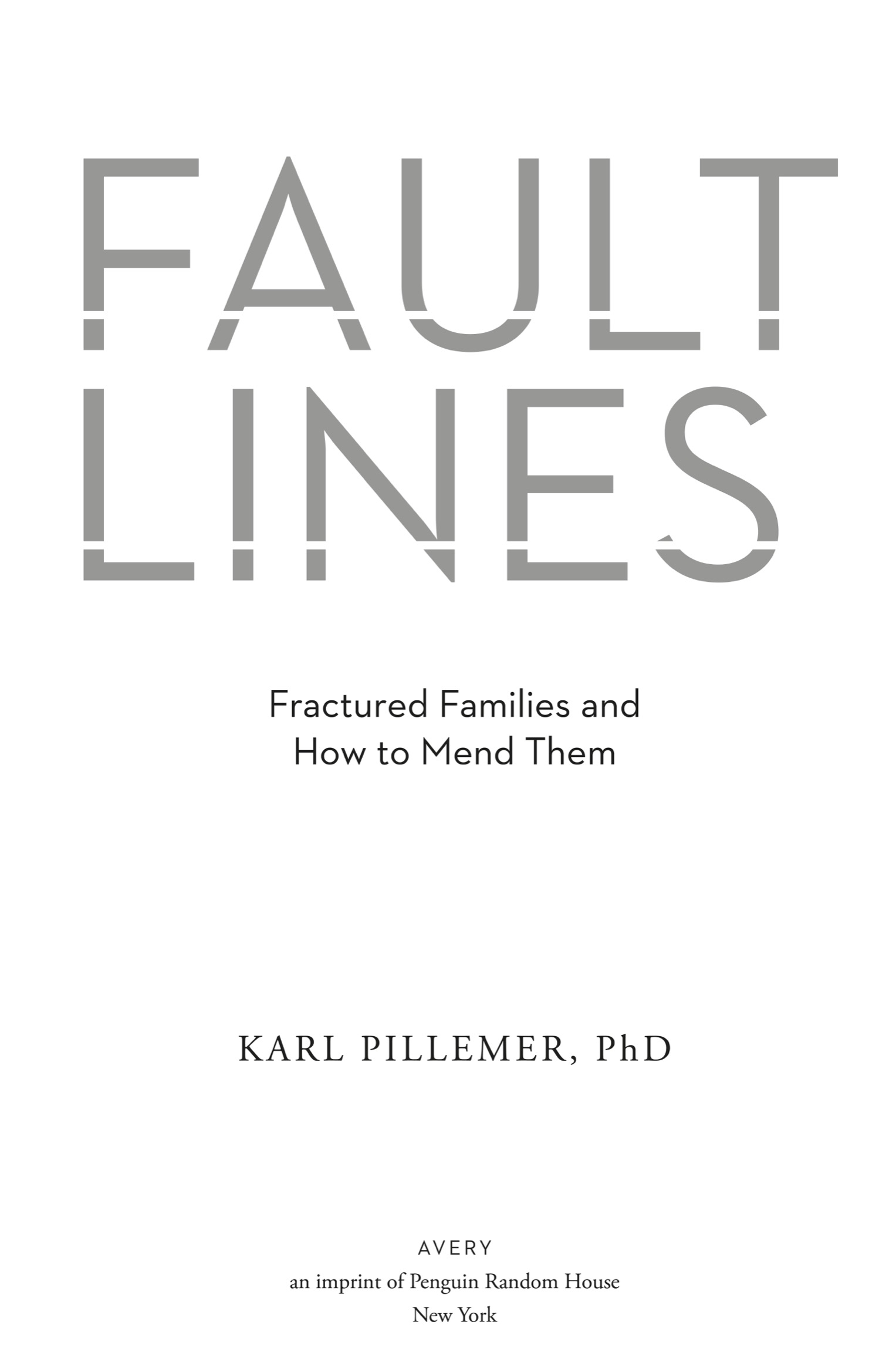

An imprint of Penguin Random House LLC
penguinrandomhouse.com
Copyright 2020 by Karl Pillemer
Penguin supports copyright. Copyright fuels creativity, encourages diverse voices, promotes free speech, and creates a vibrant culture. Thank you for buying an authorized edition of this book and for complying with copyright laws by not reproducing, scanning, or distributing any part of it in any form without permission. You are supporting writers and allowing Penguin to continue to publish books for every reader.
Excerpt from 30 Lessons for Living: Tried and True Advice from the Wisest Americans, copyright 2011 by Karl Pillemer. Used by permission of Avery, an imprint of the Penguin Publishing Group, a division of Penguin Random House LLC.
For Grief from To Bless the Space Between Us: A Book of Blessings by John ODonohue, copyright 2008 by John ODonohue. Used by permission of Doubleday, an imprint of the Knopf Doubleday Publishing Group, a division of Penguin Random House LLC. All rights reserved.
Library of Congress Cataloging-in-Publication Data
Names: Pillemer, Karl A., author.
Title: Fault lines : fractured families and how to mend them / Karl Pillemer, Ph.D.
Description: New York : Avery, Penguin Random House LLC, 2020. | Includes index.
Identifiers: LCCN 2020016812 (print) | LCCN 2020016813 (ebook) | ISBN 9780525539032 (hardcover) | ISBN 9780525539049 (ebook)
Subjects: LCSH: Alienation (Social psychology) | Families. | Interpersonal relations. | Reconciliation.
Classification: LCC HM1131 .P55 2020 (print) | LCC HM1131 (ebook) | DDC 306.85dc23
LC record available at https://lccn.loc.gov/2020016812
LC ebook record available at https://lccn.loc.gov/2020016813
pid_prh_5.6.0_c0_r0
For my family, and families everywhere
All names in this book are pseudonyms created by a random-names generator. Any resemblance to those of actual persons, living or dead, is entirely coincidental. Indeed, if you find your name in this book, you can be certain that its not you. Please also note that the information in this book is not intended as psychological advice, nor is it a substitute for professional expertise or treatment. Readers should seek the advice of a qualified mental health provider with questions regarding specific family issues they are experiencing.
Once there was a boy named Christopher Robin. His greatest joy was to wander in the Hundred Acre Wood with his friends: the little bear named Winnie-the-Pooh, Piglet, Rabbit, Kanga, Roo, Eeyore, and other quirky, lovable animals. Christopher Robin participated in their many adventures and misadventures, living an enchanted childhood in a secure, benign world. My guess is that you read and loved these stories as a child (and watched the many movies based on them). If you are of a certain age, you have read them to your children and grandchildren.
You probably know that the stories are based on a real person: Christopher Robin Milne. The real Christopher Robins father, the author A. A. Milne, wrote the stories for his sons enjoyment, based on Christopher Robins menagerie of stuffed animals. The setting was a lovely forest near the familys summer house where father and son wandered and played together. We see these stories as testimony to the love of a father for his son, bringing his childhood fantasies to life. We imagine the warm, loving relationship that Milne and the real Christopher Robin must have had.
What you may not know about Christopher Robin Milne is this: He became estranged from his father, and they remained alienated throughout their lives. Milne believed that his father had stolen his childhood. By early adulthood, he felt that his father had never approved of him because he was not living up to the family name. From the vantage point of midlife, the younger Milne leveled the accusation that his father had got where he was by climbing on my infant shoulders, that he had filched from me my good name and had left me with nothing but the empty fame of being his son. The estrangement extended to his mother, whom he did not see for the last decade of her life. The feeling was apparently mutual, as his mother pointedly refused a last visit from Christopher when she was on her deathbed.
Given this familys fame, why arent these facts well known? For the same reasons that you do not know about your friends, neighbors, and co-workers who are in precisely the same situation right now. Shame, isolation, and embarrassment pervade family estrangements. In a society in which few topics are taboo, most people in a family rift feel so alone that they avoid speaking about it even to their intimate friends. Estrangement is hidden within the confines of the family and, when revealed, implies failure, poor judgment, and suspicious family secrets. As reported by many people in this book, revealing an estrangement from a parent, a child, or another close relative leads other people to silently wonder, Whats wrong with you?
When I began my interviews with estranged people, I was not aware that they experienced such an acute sense of shame and isolation. One of my first interviews revealed the stigma attached to estrangement and gave me a powerful goal for this book.
Dominic Guerra has never given up trying to maintain a relationship with his parents, despite periods of estrangement that have lasted years. His story is complex, involving a difficult childhood, rejection of his wife by his family, and dueling views of past events. I was struck by the degree to which Dominic felt deeply alone. He told me:
Theres been many times where I have felt like I have the worst family situation ever. I know thats not true, but when Ive had some irrational moments, I think that my situation is the most bizarre, the weirdest that could ever happen. If I could hear from other people who have had family complexities like this, it would help to know that Im not alone, that every family has issues. And I would certainly be able to let them know that theyre not alone if they heard my story.
The goal of this book is to bring the topic of estrangement out of the shadows and into the clear light of awareness and discussion. By mining the wisdom of hundreds of people who have experienced this problem, I will offer new insights, data, strategies, and practical tips for coping with and healing family rifts. Not all these ideas will apply to everyone, and some readers may fail to find solutions or will disagree with the advice offered here. However, I will feel that my years of work on this project and book are justified if I am successful in this one goal: creating an environment where people can freely acknowledge the problem and open up about solutions in productive and positive ways. If I accomplish nothing else, I want to reassure you that your familys situation is not the worst or the weirdest in the world, and that you are not alone.
Like many important choices we human beings make, my decision to write this book emerged from disparate sources. Let me get the first one out of the way, because I can hear the questions in readers minds: Yes, there have been estrangements in my extended family, and no, Im not going to tell you much about them (as tempting as it may be). As to the first point, I have observed processes of estrangement and reconciliation up close and therefore have a personal understanding of family rifts and how they can be resolved. Regarding the second point, this book is not a first-person account of estrangement. One reason is that I cannot offer my relatives the anonymity I provided to my respondents, and I do not wish to cause new family rifts by revealing stories that are not mine to tell.
Font size:
Interval:
Bookmark:
Similar books «Fault Lines: Fractured Families and How to Mend Them»
Look at similar books to Fault Lines: Fractured Families and How to Mend Them. We have selected literature similar in name and meaning in the hope of providing readers with more options to find new, interesting, not yet read works.
Discussion, reviews of the book Fault Lines: Fractured Families and How to Mend Them and just readers' own opinions. Leave your comments, write what you think about the work, its meaning or the main characters. Specify what exactly you liked and what you didn't like, and why you think so.

